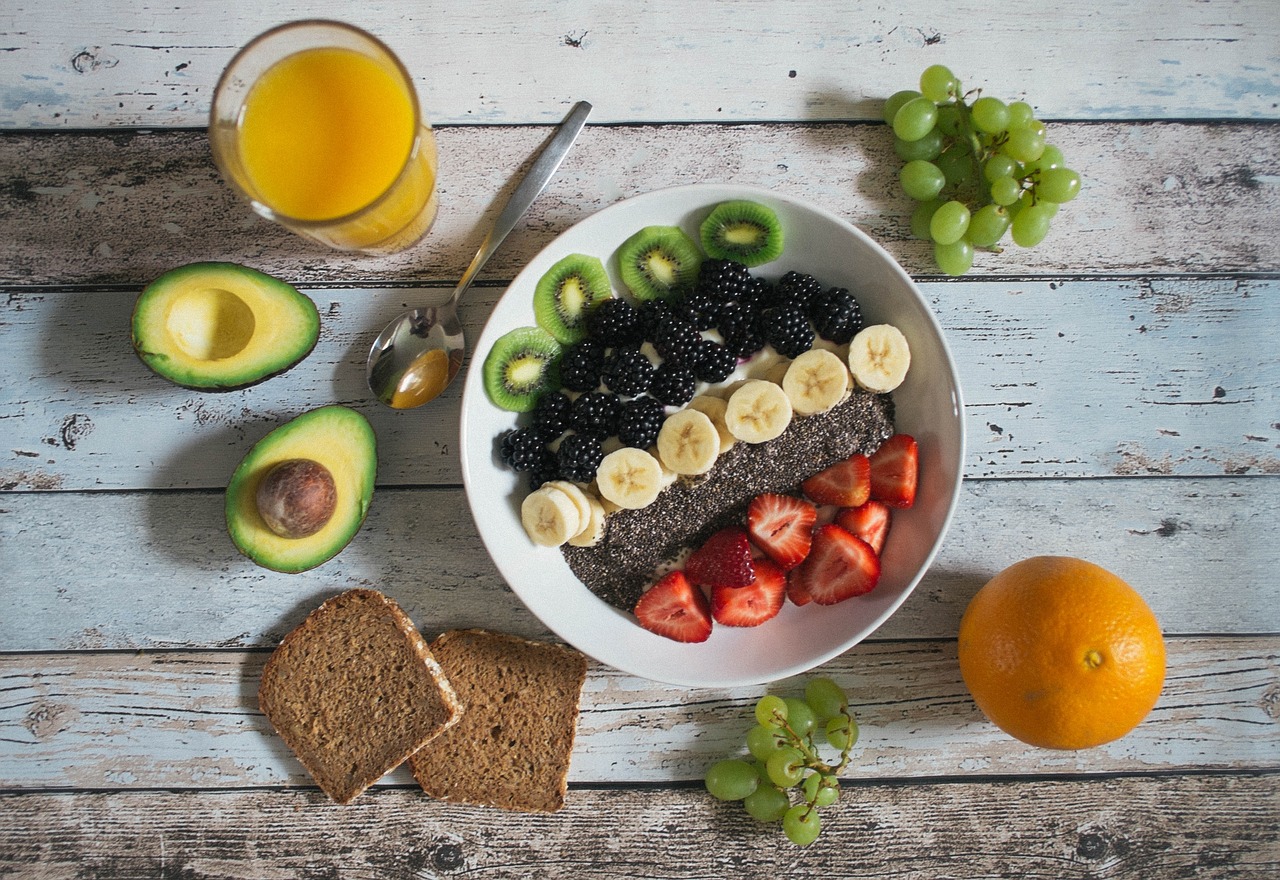“`html
In recent years, the gluten-free diet has gained significant popularity, not only among those with celiac disease but also among individuals seeking a healthier lifestyle. While many people often confuse gluten-free foods with being inherently healthy, the truth is that a well-structured gluten-free diet can indeed provide numerous health benefits. This blog post delves into the intricacies of gluten-free living, outlining its benefits, challenges, and practical tips to navigate this dietary landscape effectively.
Understanding Gluten and Its Effects
Gluten is a protein found in wheat, barley, and rye. For many, gluten poses no health risk; however, for individuals with certain conditions, such as celiac disease or gluten sensitivity, consuming gluten can lead to a wide range of unpleasant symptoms.
What is Celiac Disease?
Celiac disease is an autoimmune disorder where the ingestion of gluten leads to damage in the small intestine. Key points include:
- 1 in 100 individuals worldwide are diagnosed with celiac disease.
- Common symptoms include bloating, diarrhea, and fatigue.
- Long-term gluten consumption can lead to serious health complications including malnutrition and increased risk of other autoimmune diseases.
Non-Celiac Gluten Sensitivity
Some individuals may experience symptoms similar to celiac disease without testing positive for it. This condition is known as non-celiac gluten sensitivity (NCGS). Symptoms may include:
- Abdominal pain
- Headaches
- Joint pain
Health Benefits of a Gluten-Free Diet
Adopting a gluten-free diet can offer several health benefits, especially for those with celiac disease or NCGS. Some of these advantages include:
- Improved digestion: Patients often report a reduction in gastrointestinal symptoms.
- Higher energy levels: Eliminating gluten can lead to noticeable increases in energy for sensitive individuals.
- Reduced inflammation: Many gluten-sensitive individuals experience decreased inflammation levels upon eliminating gluten.
- Enhanced nutrient absorption: Healing of the intestinal lining allows for better nutrient uptake, often leading to improved overall health.
Common Misconceptions About a Gluten-Free Diet
As gluten-free diets gain traction, several misconceptions have emerged. Addressing these is crucial for anyone considering this lifestyle change.
Gluten-Free Equals Healthy
Many processed gluten-free foods are often marketed as healthier alternatives but may contain:
- High levels of sugar and unhealthy fats
- Less fiber compared to their gluten-containing counterparts
- Low overall nutritional value
Anyone Can Benefit from Going Gluten-Free
While some claim that a gluten-free diet is healthier for everyone, it’s primarily beneficial for:
- Individuals with celiac disease.
- People diagnosed with non-celiac gluten sensitivity.
- Those with wheat allergies.
Navigating a Gluten-Free Diet: Practical Tips
Transitioning to a gluten-free diet can be challenging, but with the right strategies, it becomes manageable and even enjoyable.
Label Reading Skills
Understanding food labels is essential. Here’s what to look for:
- Gluten-Free Certification: Look for products labeled gluten-free by certified organizations.
- Hidden Sources of Gluten: Be aware that gluten can hide in sauces, dressings, and processed foods.
Meal Planning and Preparation
Planning is key when it comes to sticking to a gluten-free diet. Helpful strategies include:
- Create a weekly meal plan featuring whole foods like fruits, vegetables, and lean proteins.
- Experiment with gluten-free grains such as quinoa, rice, and corn.
- Prepare healthy snacks in advance to avoid gluten-laden options.
Conclusion
Adopting a gluten-free diet can significantly improve the quality of life for those affected by gluten-related disorders. While the diet has its challenges and misconceptions, understanding its benefits, learning how to navigate food labels, and being mindful of nutritional choices can lead to a balanced gluten-free lifestyle. Always consider consulting a healthcare professional or a registered dietitian before making significant dietary changes to ensure your gluten-free journey is safe and beneficial. By being informed and proactive, you can enjoy the rewards of a gluten-free diet, maintaining both your health and well-being.
“`



